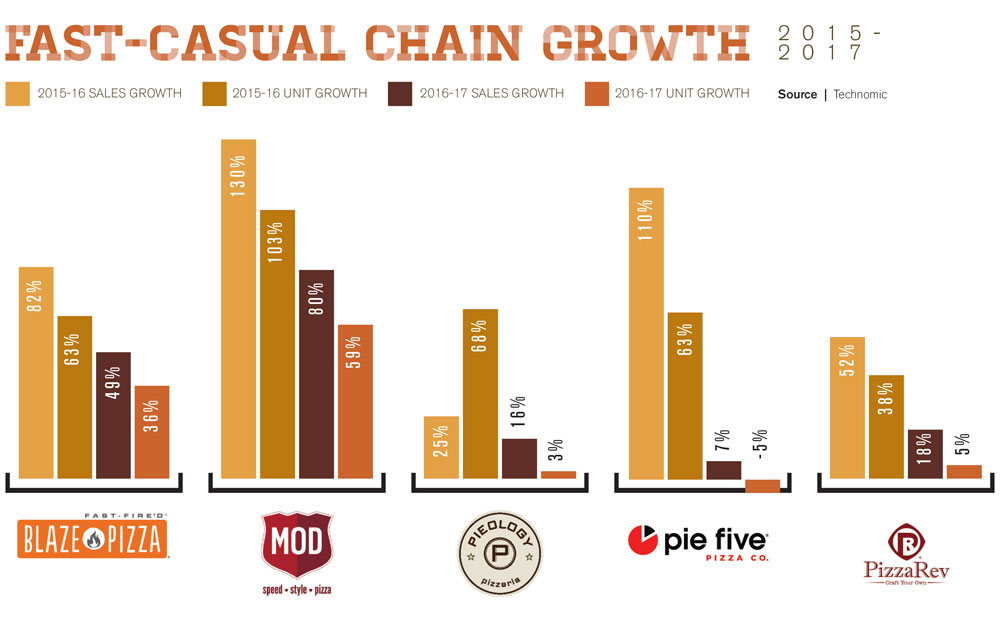

The fourth major African diasporic stream, and the one that is most widely studied today, is associated with the Atlantic trade in African slaves. The aforementioned three diasporic streams form what I shall call the premodern African diaspora.

all the evidence suggests a sizable Ethiopian element, especially in the population of the Roman world."3 In the parlance of the time, the term "Ethiopian" was a synonym for black Africans. In his important study of blacks in classical antiquity, for example, Frank Snowden notes that while the "exact number of Ethiopians who entered the Greco-Roman world as a result of military, diplomatic, and commercial activity is difficult to determine. This prolonged third diasporic stream resulted in the creation of communities of various sizes composed of peoples of African descent in India, Portugal, Spain, the Italian city-states, and elsewhere in Europe, the Middle East, and Asia long before Christopher Columbus undertook his voyages across the Atlantic. Thus the brisk slave trade conducted by the Muslims to the Mediterranean and Middle Eastern countries starting after the seventh century was not a new development but its scope and intensity were certainly unprecedented. Its pace was markedly uneven, and its texture and energy varied. The third major stream, which I characterize loosely as a trading diaspora, involved the movement of traders, merchants, slaves, soldiers, and others to parts of Europe, the Middle East, and Asia beginning around the fifth century B.C.E. with the movement of the Bantu-speaking peoples from the region that is now the contemporary nations of Nigeria and Cameroon to other parts of the African continent and to the Indian Ocean. The second major diasporic stream began about 3000 B.C.E. This issue ought to be a subject for a healthy and vigorous debate among our colleagues and students.2 Some scholars may argue, with considerable merit, that this early African exodus is so different in character from later movements and settlements that it should not be seen as constituting a phase of the diasporic process. To study early humankind is, in effect, to study this diaspora.

This early movement, the contours of which are still quite controversial, constitutes a necessary starting point for any study of the dispersal and settlement of African peoples. The first African diaspora was a consequence of the great movement within and outside of Africa that began about 100,000 years ago. For the limited purposes of this discussion, I identify five major African diasporic streams that occurred at different times and for different reasons. But, there is no single diasporic movement or monolithic diasporic community to be studied. The study of the African diaspora, as mentioned at the outset, represents a growth industry today. Obviously, these diasporic streams, or movements of specific peoples, were not the same in their timing, impetus, direction, or nature. European peoples began their penetration of the African continent in the 15th century, a process that in time resulted in their dispersal in many other parts of the world, including the Americas. Starting in the eighth century, Muslim peoples brought their religion and culture to various parts of Asia, Europe, and Africa, creating communities in the process. The Jewish diaspora, perhaps the most widely studied, also has very ancient roots, beginning about two thousand years ago. Sometime between 10 and 20 thousand years ago, these Asian peoples crossed the Bering Strait and settled in North and South America and the Caribbean islands. For example, historians are familiar with the migration of Asians that resulted in the peopling of the Americas. The concept of a diaspora is not confined to the peoples of African descent. Does it refer simply to Africans abroad, that is to say the peoples of African descent who live outside their ancestral continent? Is Africa a part of the diaspora? Is the term synonymous with what is now being called the Black Atlantic? But, as far as I know, no one has really attempted a systematic and comprehensive definition of the term "African diaspora," although the concept has been around since the 19th century and the term has been used since the 1960s, if not earlier. This is reflected in the proliferating conferences, courses, PhD programs, faculty positions, book prizes, and the number of scholars who define themselves as specialists. As a field of study, the African diaspora has gathered momentum in recent times. The AHA's 1999 annual meeting will have as its theme "Diasporas and Migrations in History."1 This has been welcomed by those whose scholarly interest and research focus on what has come to be called the African diaspora.


 0 kommentar(er)
0 kommentar(er)
